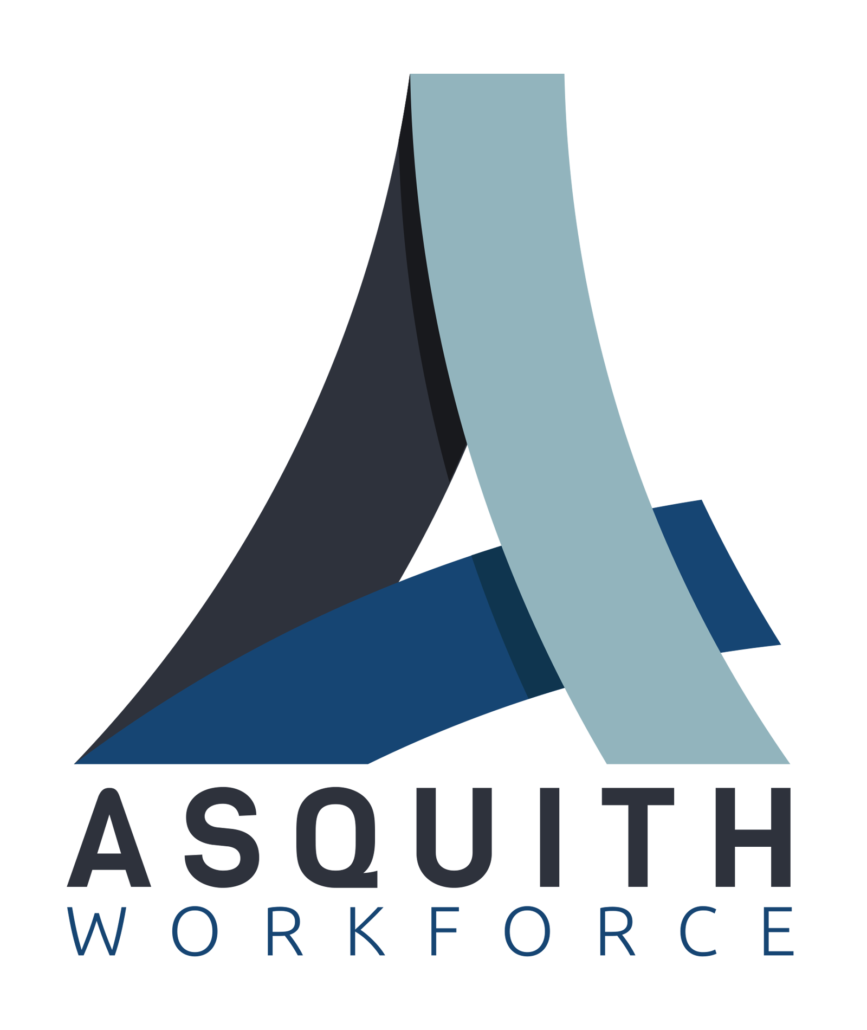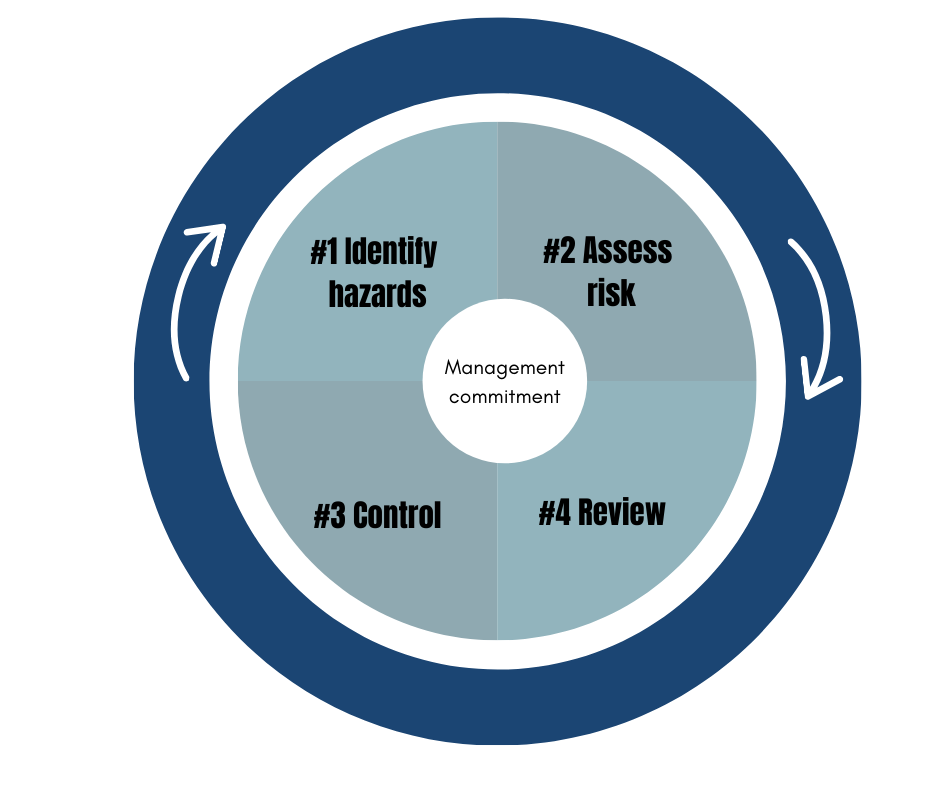The emotional impacts of COVID-19 are different for everyone, but for those who rely upon the workplace for social stimulation, working remotely can take its toll.
A recent study on the mental health impacts of COVID-19 in the workplace carried out by mental health support organisation Relationships Australia found that ‘7% of respondents reported a significant change to their work place since the crisis began, while 63% agreed these changes have had an impact on their mental health.’
While working from home may suit some of us, the absence of daily social interaction and the wearing of masks for those classified as essential workers can have a greater impact on others.
Asquith Workforce Managing Director Jillian Asquith said as we move into extended periods of lockdown and remote working, it is more important than ever to nurture the social side of work.
“Pre-COVID most of us took for granted the social interaction that came with work,” she said.
“Regardless of whether you work on a construction site, in an office environment, or anything in-between, social interaction plays an important role at work. There’s a certain energy that comes with collaborating on projects, working as a team, and sharing experiences. For full-time employees, the people we work with are often the people we spend the most time with over a working week, so to have those connections severed can have significant impacts.
“Additionally, while the wearing of masks is one of the best tools we have for staying safe from COVID-19, for essential workers they can also create an emotional barrier when it comes to communicating and interacting with colleagues.”
Jillian said the inability to hold social and team building events with staff also was contributing to the loss of emotional and social connection at work
“Trust and connection are key factors in ensuring a cohesive, productive, and fulfilled staff members and without those social moments that allow staff to personally connect, it becomes harder to keep that sense of being a team all working toward a common goal,” she said.
“Trust and connection are key factors in ensuring a cohesive, productive, and fulfilled staff members and without those social moments that allow staff to personally connect, it becomes harder to keep that sense of being a team all working toward a common goal…”
As we work toward the 80% vaccination rate that will see life return to what we expect will be a new normal, Jillian says regular connection and forward planning are imperative.
“Until we can safely return to working in a somewhat traditional environment regular connection and catch ups both online and on the phone are imperative,” she said.
“It is important to discuss work-related topics in these communications but it’s also important to just chat and stay connected, to understand what’s going on in people’s lives.
“Forward planning of social events and activities is also extremely important. While it can be frustrating trying to plan when the goal posts move along with the virus, ensuring staff have something to look forward to and are reminded there is an end in sight, can have a significant impact on mental health and social connection.”





